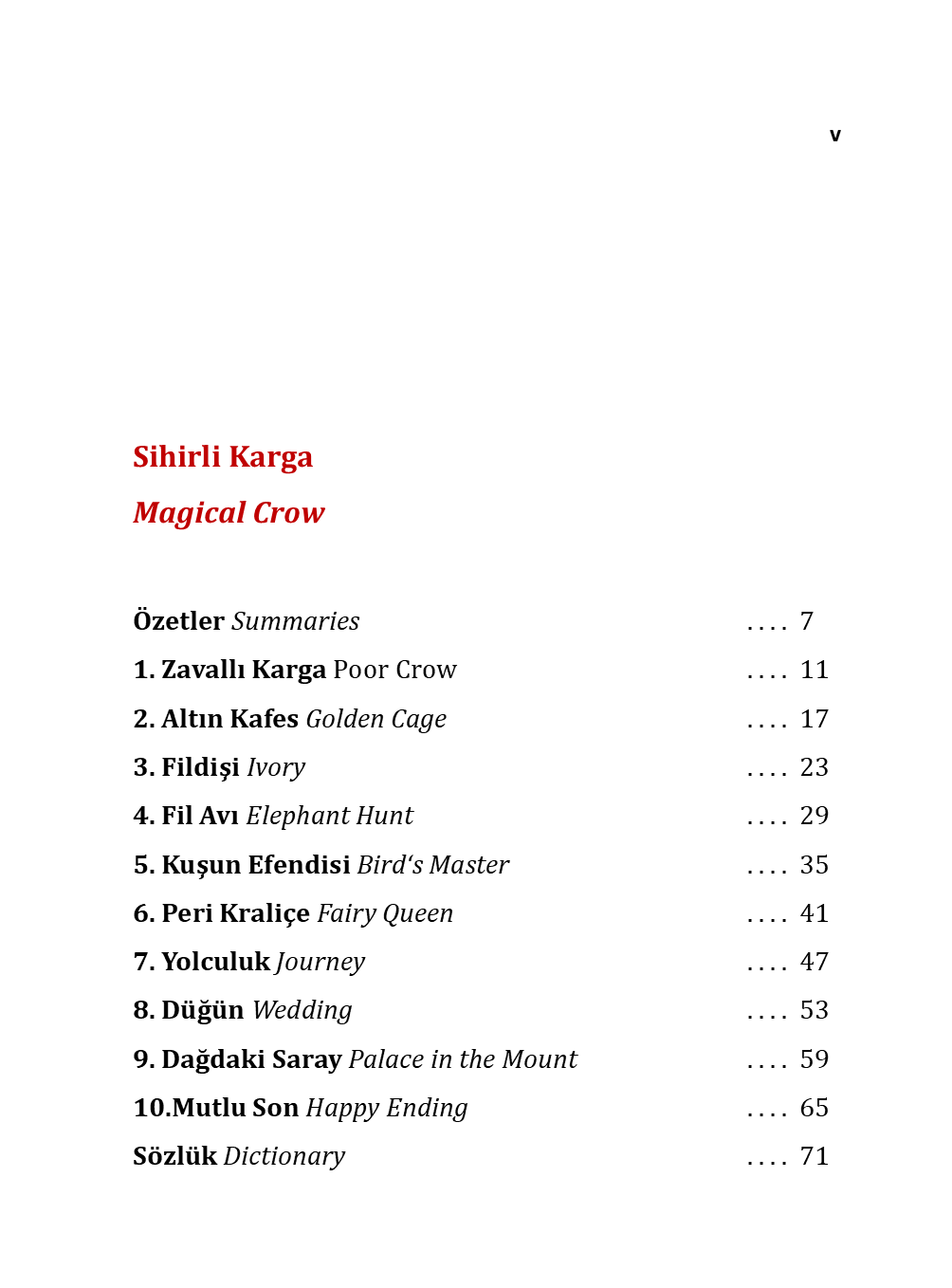
How can I learn Turkish language by myself?
Learning Turkish can be an exciting and rewarding experience, especially given its rich cultural background.
To successfully learn the language, you can combine several approaches, focusing on the four key language skills: listening, speaking, reading, and writing. Here's a guide to help you get started to learn Turkish by yourself:
HOW TO LEARN TURKISH LANGUAGE BY YOURSELF
1. Set Clear Goals
Before diving in, determine why you want to learn Turkish. Whether it’s for travel, business, or personal reasons, having a clear goal will keep you motivated. Break this into smaller milestones, like learning basic greetings in the first month, mastering grammar basics, or holding simple conversations after three months.
2. Start with Turkish Basics: Vocabulary and Phrases
Common Words and Phrases
Begin with essential Turkish phrases for everyday use, such as greetings, introducing yourself, and asking simple questions.Examples: - Merhaba! (Hello!) - Nasılsınız? (How are you?) - Teşekkür ederim. (Thank you.) - Lütfen. (Please.) - Ne kadar? (How much?)
Learn asking how people are in Turkish
Language Apps
Use language-learning apps to practice basic vocabulary. Duolingo, Babbel, or Memrise are great for beginners and focus on vocabulary, simple grammar, and conversational skills.
3. Study Turkish Grammar
Turkish grammar is logical but different from many Western languages due to its agglutinative structure. Understanding the basics of how suffixes are used to build words is crucial.
Download Turkish Grammar Course 1 A1
Download Turkish Grammar Course 2 A2
Download Turkish Grammar Course 3 PI
Download Turkish Grammar Course 4 B1
Focus on sentence structure
Turkish follows a Subject-Object-Verb (SOV) structure, so get used to thinking in that order.
Learn the word order in Turkish
Learn about vowel harmony in Turkish
Turkish uses vowel harmony, which means suffixes change according to the vowels in the root word. This might seem complicated at first but becomes second nature with practice.
Learn the vowel harmony in Turkish
Turkish Tenses and Conjugation
Familiarize yourself with verb conjugations, starting with the present tense, then past and future. Turkish verbs are relatively regular, so this is easier than it might initially seem.
4. Practice Speaking
Speaking Turkish regularly is one of the fastest ways to improve. Here’s how to practice:
Language Exchange
Find a language partner through platforms like HelloTalk, Tandem, or italki, where you can practice Turkish with native speakers and help them with your native language.
Turkish Tutors
If you want structured lessons, consider hiring a tutor. Online platforms like Preply or iTalki have affordable Turkish tutors.
Repetition and Pronunciation
Turkish is a phonetic language, so focus on repeating words and phrases to get comfortable with sounds, especially vowel harmony and certain letters like "ç," "ş," and "ı."
Improve your Turkish with Turkish practice classes online!
5. Immerse Yourself in Turkish
Surrounding yourself with the language daily helps build fluency:
Turkish TV Shows and Movies
Turkey is known for its popular TV series ("dizi"), and these are a fun way to learn Turkish.
Turkish YouTube Channels
Watch Turkish YouTubers or educational channels for beginners. Listening to native speakers will train your ear for the rhythm and intonation of the language.
Follow Dem Turkish Center's Turkey travel channel on Youtube
Music and Podcasts
Listen to Turkish music or Turkish-language podcasts like Turkish Tea Time. Even if you don’t understand everything, it helps with passive learning and getting used to hearing Turkish regularly.
6. Reading and Writing in Turkish
Begin with Simple Texts in Turkish
Start reading simple stories, news articles, or even children's books in Turkish. Websites like LingQ offer graded reading materials in Turkish.
Write Regularly
Try writing short paragraphs, diary entries, or even tweets in Turkish. Practice constructing sentences with proper word order and suffixes.
Download Turkish Reading Practice Course 1 A1
Download Turkish Reading Practice Course 2 A2
Download Turkish Reading Practice Course 3 PI
Download Turkish Reading Practice Course 4 B1
7. Use Language Apps and Online Resources
There are many online platforms and resources to help you learn Turkish:
Turkish Language Apps
Aside from Duolingo and Babbel, consider apps like Busuu, which offer more in-depth lessons on grammar, vocabulary, and conversation.
Turkish Flashcards
Use flashcard apps like Anki or Quizlet to memorize vocabulary and sentence structures. Turkish uses a lot of suffixes, so creating flashcards for different verb conjugations or noun cases can help you drill them.
Turkish Grammar Resources
Did you know that Dem Turkish Center offers Turkish grammar practice courses for self-study. Download:
Download Turkish Grammar Course 1 A1
Download Turkish Grammar Course 2 A2
Download Turkish Grammar Course 3 PI
Download Turkish Grammar Course 4 B1
8. Join Turkish Learning Communities
Forums and Groups
Join language learning forums or communities on Reddit, Facebook, or dedicated Turkish language learning groups. These platforms allow learners to ask questions, share resources, and practice together.
Local Meetups
If available, look for Turkish language exchange meetups in your city or online, where you can meet other learners and native speakers.
9. Take Language Classes
If you prefer a more formal learning environment, enroll in Turkish courses:
Online Turkish Classes
Many universities or private institutions offer Turkish language courses online, either live or self-paced. TÖMER (Turkish Language Teaching Center) offers high-quality courses in Turkish, and you can take classes through Istanbul or Ankara universities.
Local Language Schools
If you're in a city with a Turkish-speaking population, you may find local language schools offering Turkish classes.
10. Be Consistent and Patient
Learning Turkish, like any language, requires consistent practice. Set aside dedicated time daily or weekly to study and practice. Celebrate small victories, such as understanding a sentence in a TV show or holding a basic conversation.
Recommended Learning Path
- Beginner Phase (1-3 months) Focus on learning basic vocabulary, greetings, and essential phrases. Get familiar with Turkish sounds, vowel harmony, and simple sentence structure.
- Intermediate Phase (3-6 months) Move into more complex grammar (verb conjugations, cases, tenses). Start forming more detailed sentences and hold basic conversations.
- Advanced Phase (6+ months) Engage in more immersive experiences like watching Turkish media without subtitles, writing essays, or having extended conversations.
To learn Turkish effectively, combine grammar study, vocabulary building, and regular conversation practice with native speakers. Immerse yourself in the language through media, writing, and consistent speaking practice. Patience, consistency, and exposure are key to mastering Turkish over time.
BECOME A DTC MEMBER!
Thank you very much for your interest and visiting Dem Turkish Center bookstore. We hope our Turkish language courses and lessons will be very helpful for your Turkish studies.














